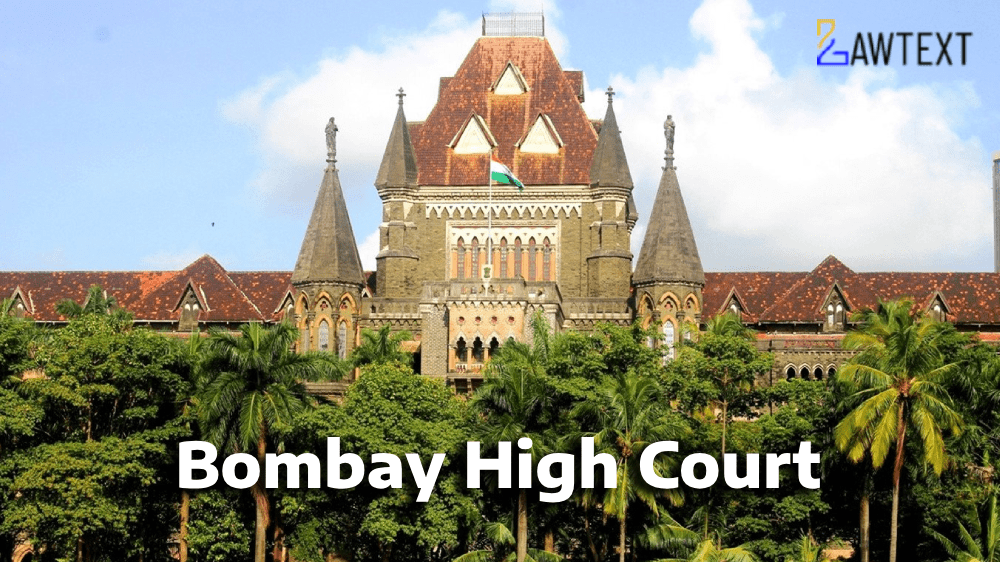

Writ petition, filed under Article 226 of the Constitution of India, challenges the order passed by the Regional Provident Fund Commissioner-I, Pune, under Section 7A of the Employees Provident Fund and Miscellaneous Provisions Act, 1952. The petitioner argues that since the review application under Section 7B of the Act has been rejected, there is no right to appeal, justifying the invocation of the writ jurisdiction. The Court, however, clarifies that while an appeal against a rejection of a review application is not permissible, a substantive appeal against the original order under Section 7A is still available. Thus, the writ petition is dismissed, and the petitioner is directed to pursue an appeal under Section 7-I of the Act.
1) Challenge to Order Passed under Section 7A:
The petitioner challenged the order dated 31 May 2024, passed by the Regional Provident Fund Commissioner-I, Pune, under Section 7A of the Employees Provident Fund and Miscellaneous Provisions Act, 1952, by filing a writ petition under Article 226 of the Constitution of India.
2) Rejection of Review Application under Section 7B:
The petitioner had filed a review application against the order dated 31 May 2024 under Section 7B of the Act, which was rejected by an order dated 6 August 2024.
3) Argument on Non-Availability of Appeal:
The petitioner argued that since the review application under Section 7B was rejected, and as per sub-section (5) of Section 7B, no appeal is allowed against such rejection, the petitioner was left with no remedy other than filing a writ petition.
4) Court's Interpretation of Section 7B(5):
The Court held that the bar under Section 7B(5) only applies to an appeal against the rejection of the review application, and not against the original order under Section 7A. Therefore, the petitioner still has the remedy to file a substantive appeal under Section 7-I.
5) Availability of Substantive Appeal:
The Court clarified that the petitioner can file a substantive appeal before the Tribunal under Section 7-I of the Act within the limitation period, as the rejection of the review application does not bar this right.
6) Directions by the Court:
The Court disposed of the writ petition and directed the petitioner to file the appeal within one week, and restrained the Regional Provident Fund Organization, Pune, from taking coercive steps against the petitioner for four weeks, allowing the Tribunal time to consider the application for interim protection.
Constitution of India:
Employees Provident Fund and Miscellaneous Provisions Act, 1952:
Tribunal (Procedure) Rules, 1997:
The Court held that while Section 7B(5) of the EPF Act, 1952 prohibits an appeal against the rejection of a review application, it does not bar the right to file a substantive appeal against the original order passed under Section 7A. The legislature did not intend to deny an employer who files a review application under Section 7B the remedy of filing an appeal against the order under Section 7A. Therefore, the remedy of appeal remains open, and the writ petition is dismissed.
Subject: Labor Law, Writ Jurisdiction, Provident Fund Disputes, EPF Act, Review Application, Appeal Process, Labor Court, High Court Judgment.
Citation: 2024 LawText (BOM) (8) 295
Case Number: WRIT PETITION NO.12104 OF 2024
Date of Decision: 2024-08-29
Case Title: Zensar Technologies Limited Versus The Regional Provident Fund Commissioner-I Pune and Anr.
Before Judge: SANDEEP V. MARNE, J.
Advocate(s): Ms. Meena H. Doshi, for the Petitioner.
Appellant: Zensar Technologies Limited
Respondent: The Regional Provident Fund Commissioner-I Pune and Anr.